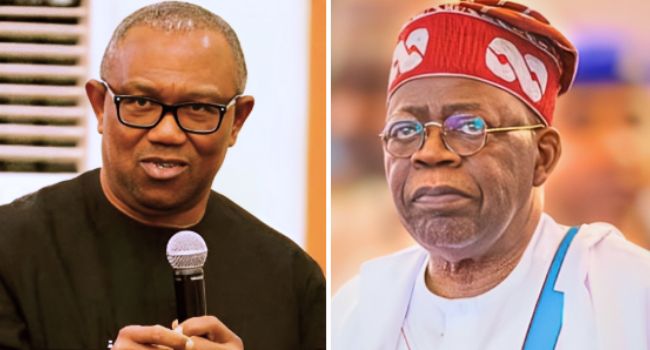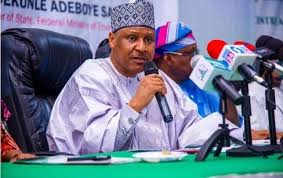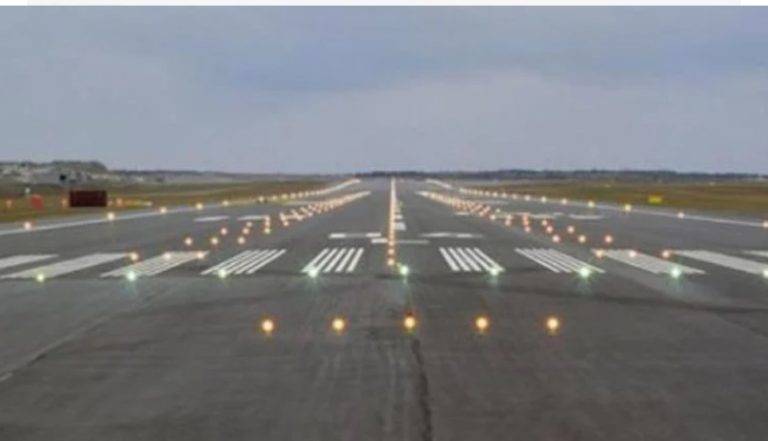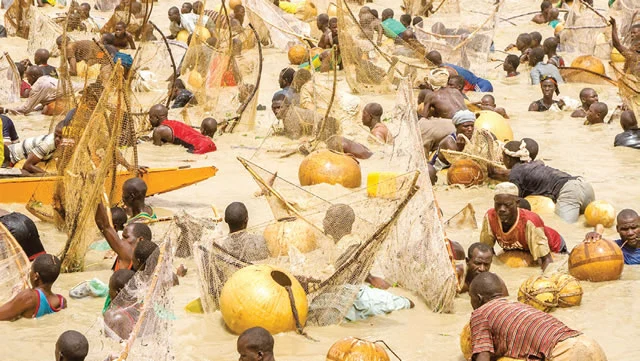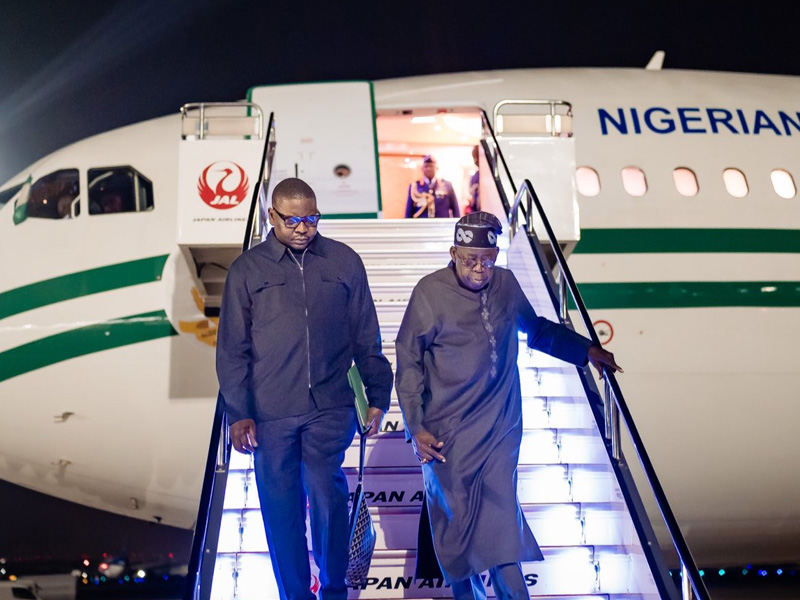
President Bola Tinubu on Saturday returned to the nation’s capital, Abuja after participating in the Aqaba Process Heads of State and Government-level Security Meeting in Rome, Italy.
President Tinubu, whose official aircraft, Nigeria Air Force 1, touched down at the Presidential Wing of the Nnamdi Azikiwe International Airport at about 7:30pm, had participated in the high-level meeting aimed at strengthening regional and international collaboration in combating terrorism and violent extremism, with special focus on West Africa.
He was received on arrival by top government officials, including the Secretary to the Government of the Federation, Senator George Akume; Chief of Staff to the President, Hon Femi Gbajabiamila and the Minister of the Federal Capital Territory (FCT), Nyesom Wike.
The Aqaba Process, a counter-terrorism initiative launched by His Majesty King Abdullah II of Jordan in 2015, is co-chaired by the Hashemite Kingdom of Jordan and the Government of Italy.
The Rome edition focused on strengthening regional and international collaboration in the fight against terrorism and violent extremism, with particular attention to West Africa.
The high-level meeting was held on Wednesday, October 15, 2025 at the National Gallery of Modern and Contemporary Art in Rome.
Many heads of State and Government attended, including King Abdullah II of Jordan, Italian Prime Minister Giorgia Meloni, and the Presidents of Nigeria, Chad, Paraguay, Sierra Leone, and Togo.
Azouz Nasri, President of Algeria’s Upper House, delegations from Côte d’Ivoire, Kazakhstan, Mauritania, Senegal, and Uzbekistan, special envoys, and security experts also attended the closed-door meeting.
On the sidelines of the event, President Tinubu held bilateral meetings with Italian Prime Minister Giorgia Meloni and U.S. President Donald Trump’s Senior Adviser on Arab and African Affairs, Massad Boulos.
The President also met with the Vatican’s Secretary of State, Cardinal Pietro Parolin, to discuss religious harmony in Nigeria. The meeting addressed the widespread disinformation campaigns that falsely portray the country as intolerant of religious diversity.
Since its establishment in 2015, the Aqaba Process has convened 33 meetings at various levels, from Heads of State summits to technical expert sessions. It is built on three core pillars: prevention, coordination, and closing operational gaps in counterterrorism efforts.
Deji Elumoye
